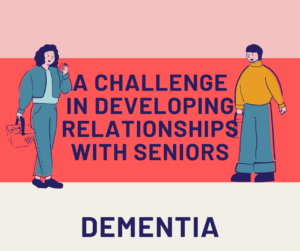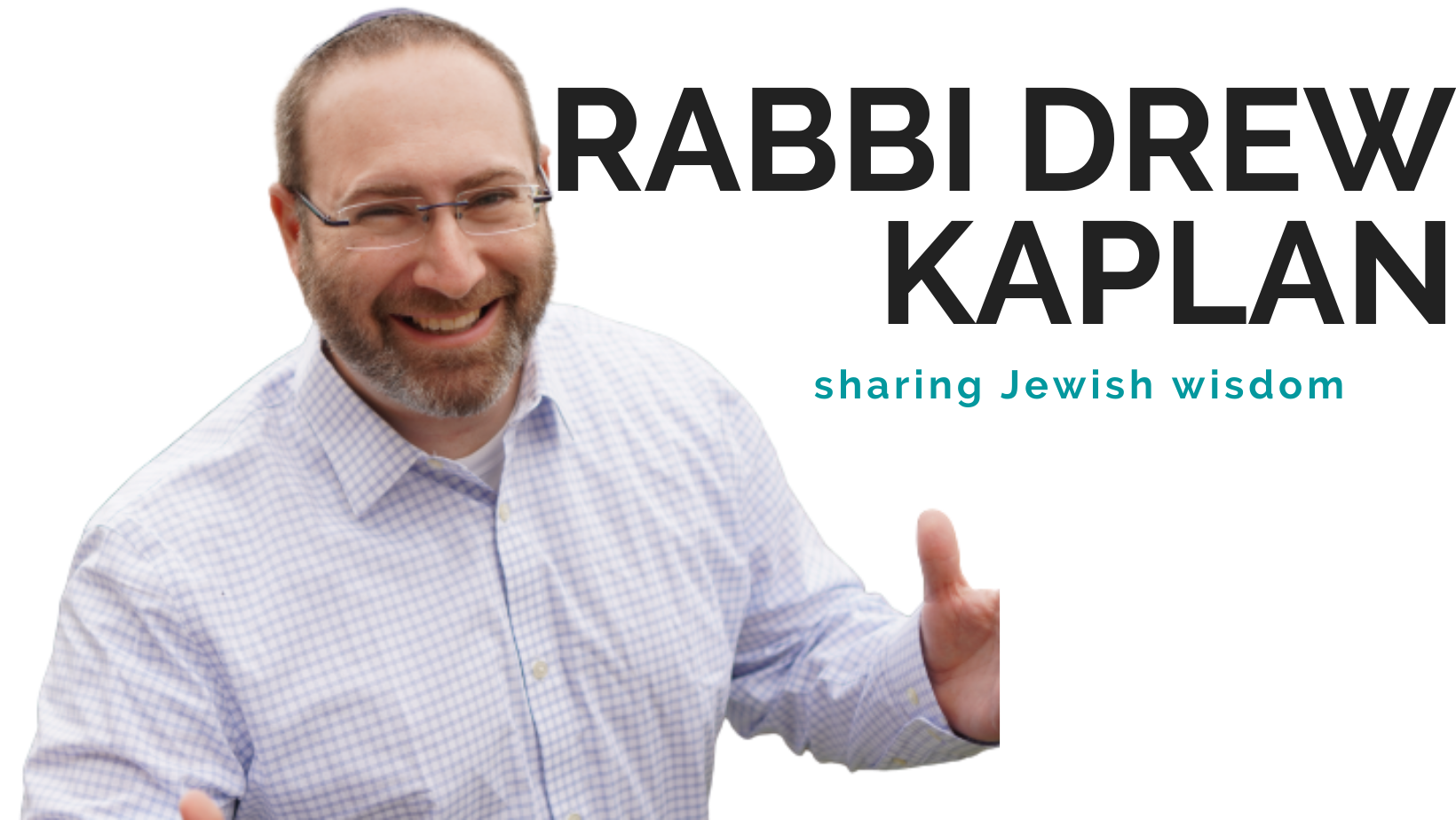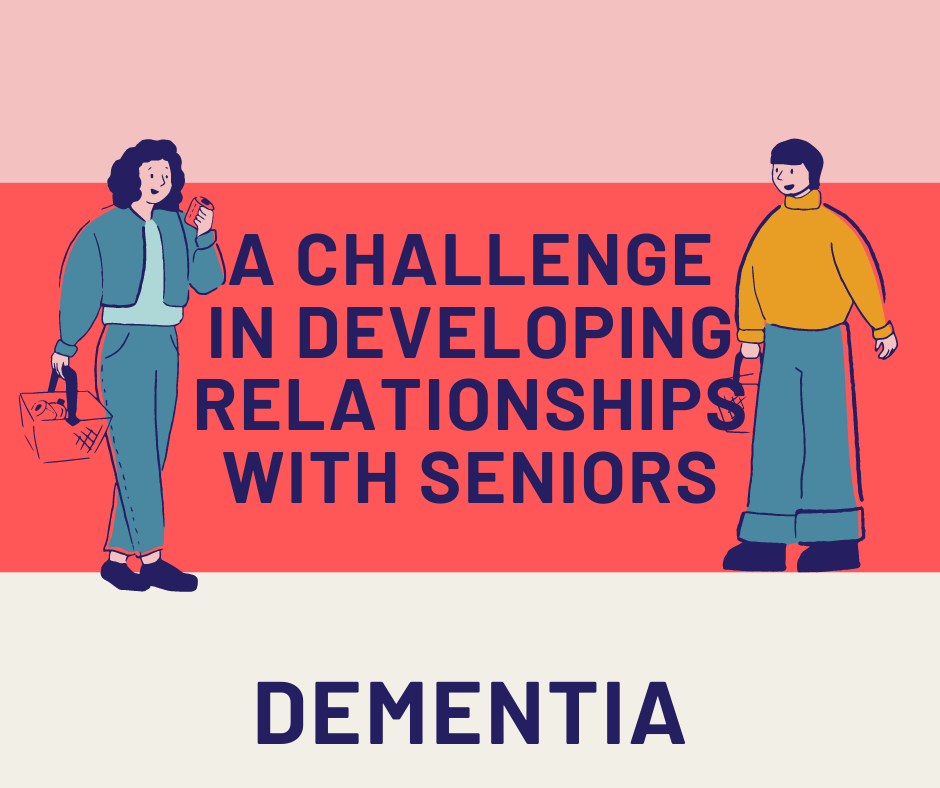Working with different generations in different stages in life is, as you can imagine, quite a different experience for a rabbi. Of course, there are similarities, including conversational skills and approachability, amongst others. Yet, having previously worked with those in the Millenial Generation while they were college students [and young adults] is quite different than working with the Silent Generation while in a senior living facility.

While there are perhaps many, many differences, one stands out to me at this moment, which is developing relationships with them. While working with college students and young adults, my ability to develop relationships with the people whom I was serving was considerable, as I would have conversations with them and we would speak and I would learn about them and they would learn about me and we would develop relationships. However, the demographic I am currently serving, residents at a senior living facility, it’s not the case. I can have a conversation with the residents, I learn about them, they learn about me, and the next time I see them, they’re meeting me for the first time, as they don’t remember meeting me and we have to start over. And this can happen multiple times, where every single time I speak with them, they are meeting me for the first time.
In fact, I have even experienced this within a single conversation with a resident who has dementia where they have asked me multiple times within the course of a conversation who I am. We haven’t even departed from the conversation and yet I’m being inquired as to what my name is, who I am, and what what my role is at the senior living facility. This is, as you can imagine, a deeply significant roadblock in developing relationships with the residents. Of course, I can get to know them and understand them and have a relationship with them, but it may not necessarily be reciprocated from there, and they may literally just meet me time over and time again.
This can be embarrassing to me, sometimes, when there’s someone else around and they say, “Oh, I have never met you”, and I feel embarrassed because it makes it seem to the other person as if I have never made the effort to have met this resident before this present moment, when I may have met them a half-dozen times and spoken with them.
And, yes, I acknowledge that part of the challenge is that I began working at this senior living facility amidst the COVID-19 lockdown, so residents may struggle in recognizing me due to me always wearing a surgical mask in their presence, yet, there are not many other people where I work who look much like me (and, yes, I’m one of only a few people in the building wearing a kippah, so that further serves to identify me).
Going forward, it’s certainly a stark contrast to serving this demographic, whose population is in contrast to the previous populations I’ve served. It will be interesting as I continue working with them, and figure out how to navigate these hurdles of developing relationships with them.

